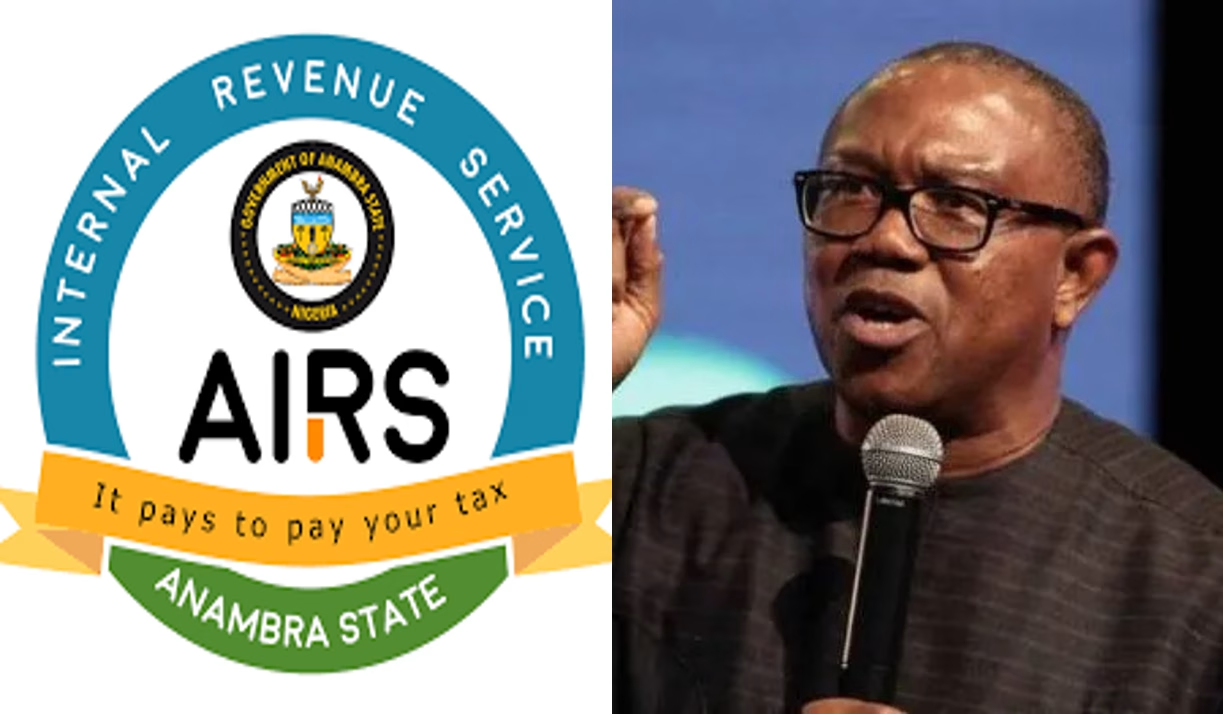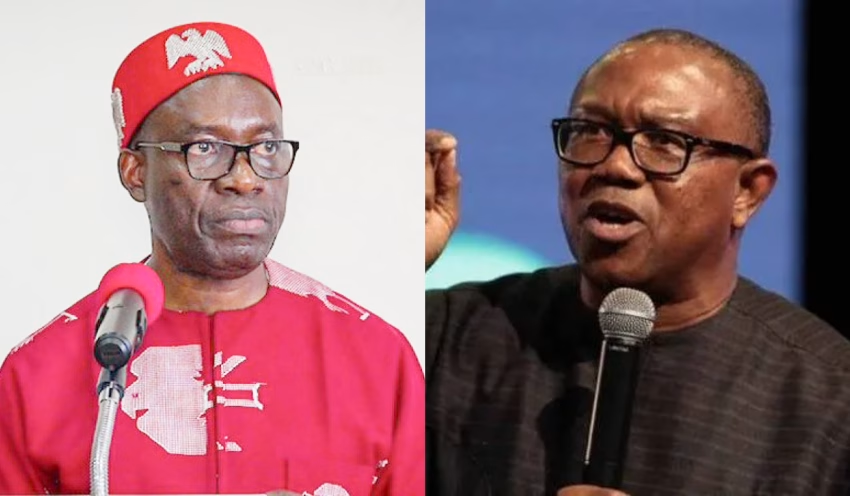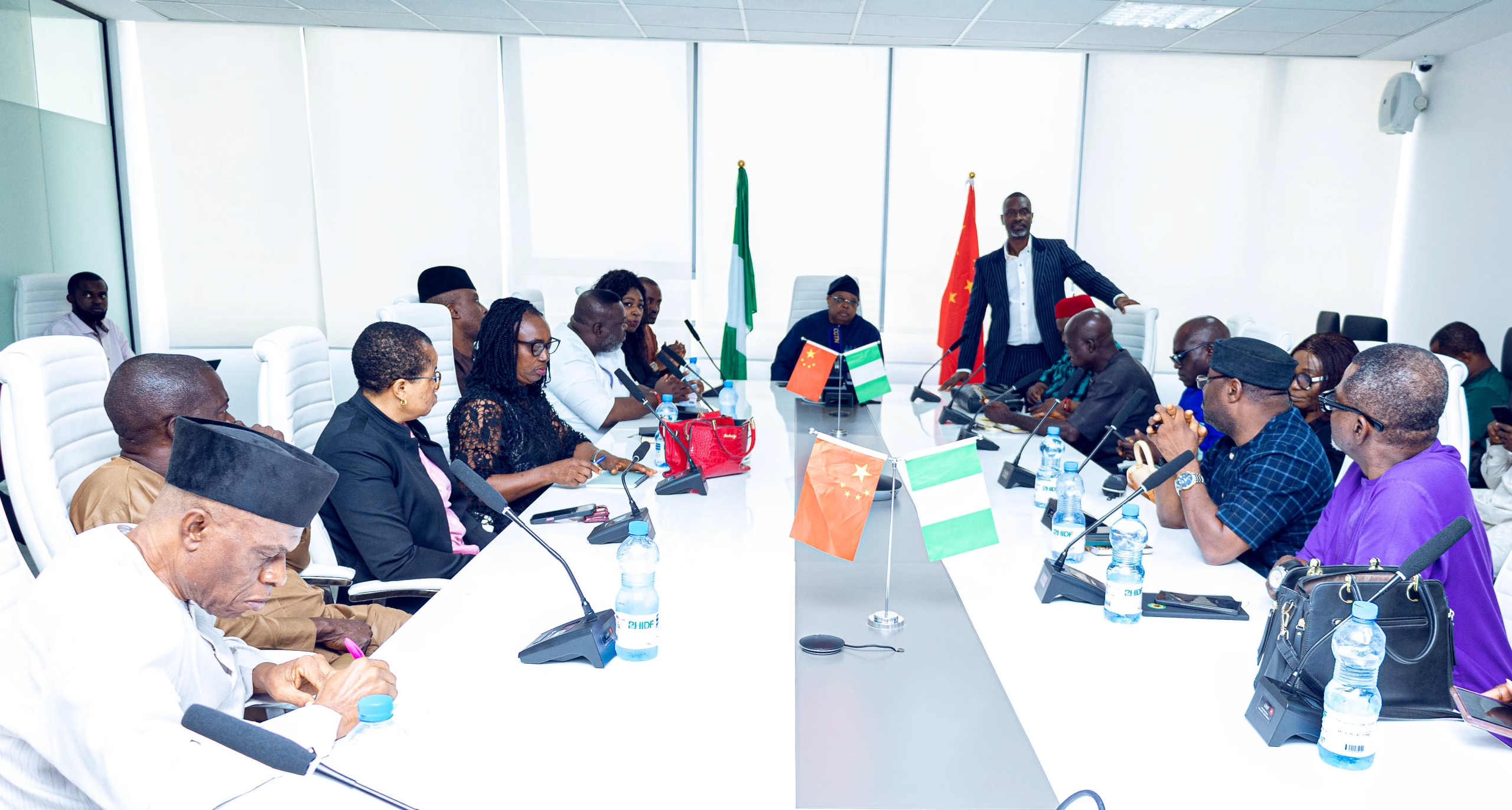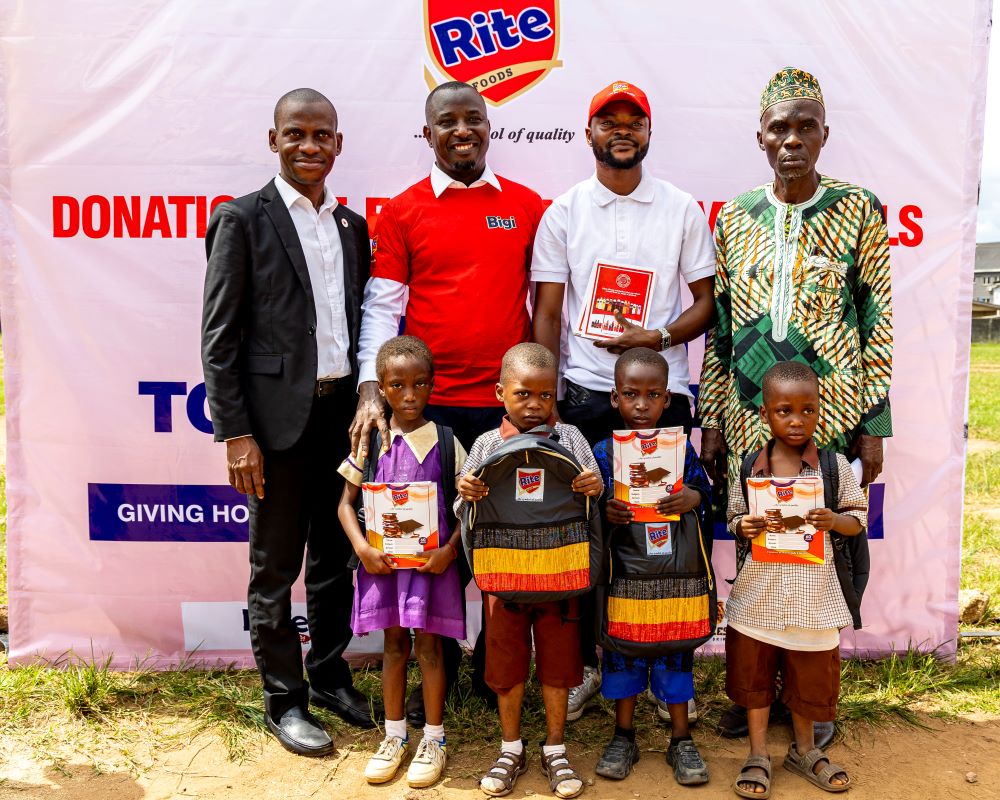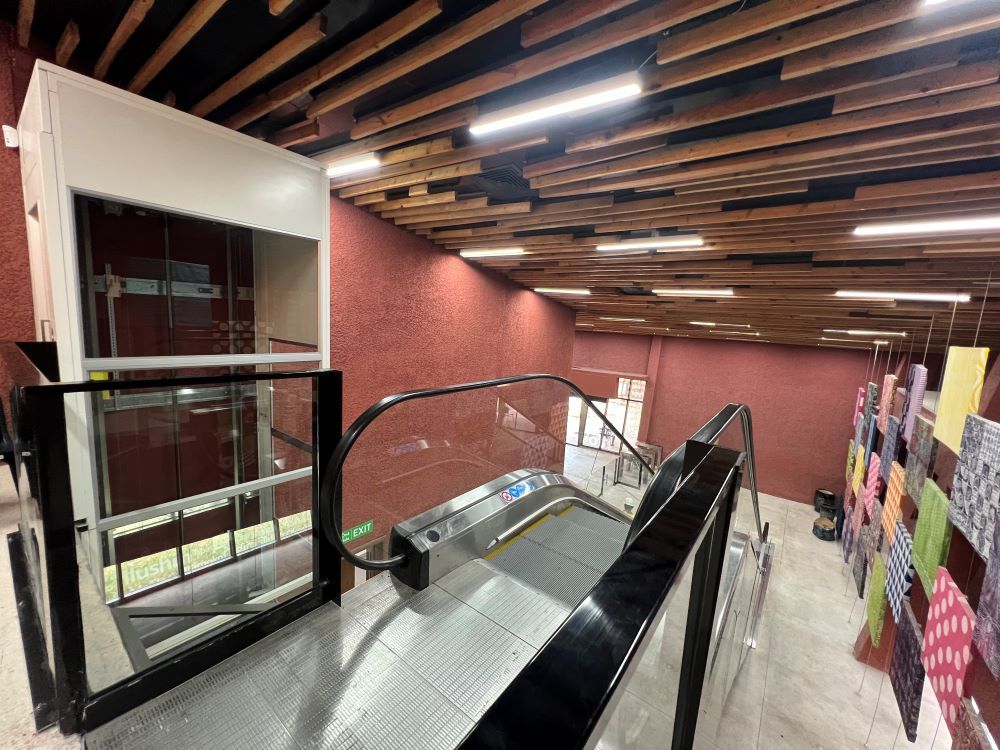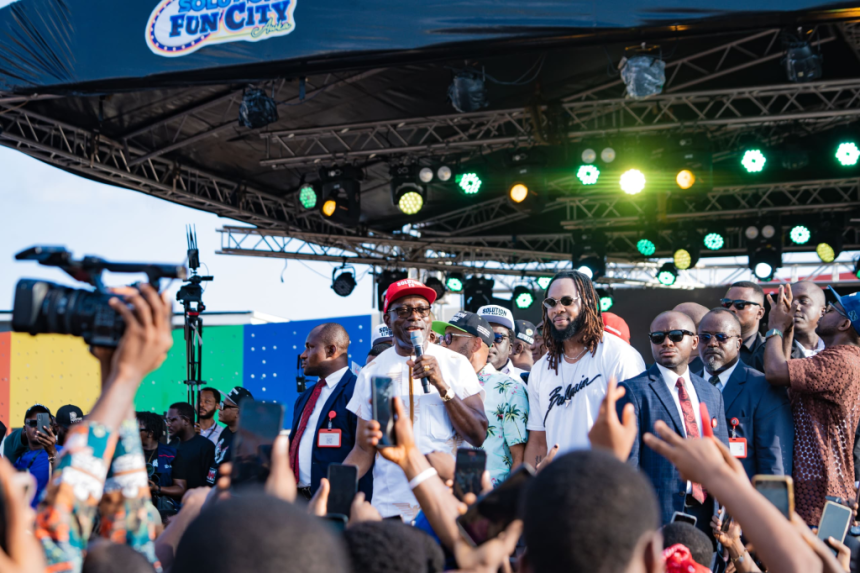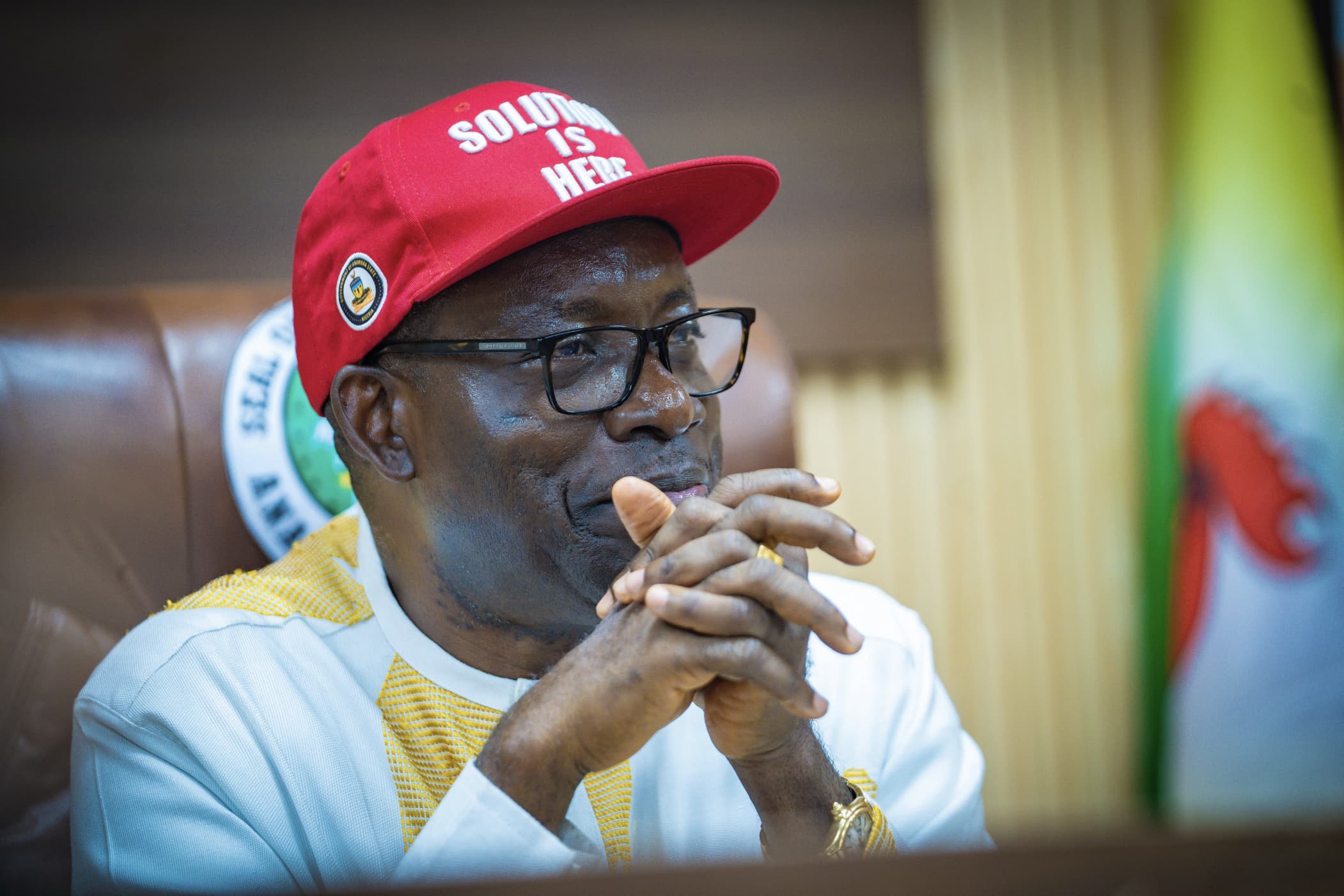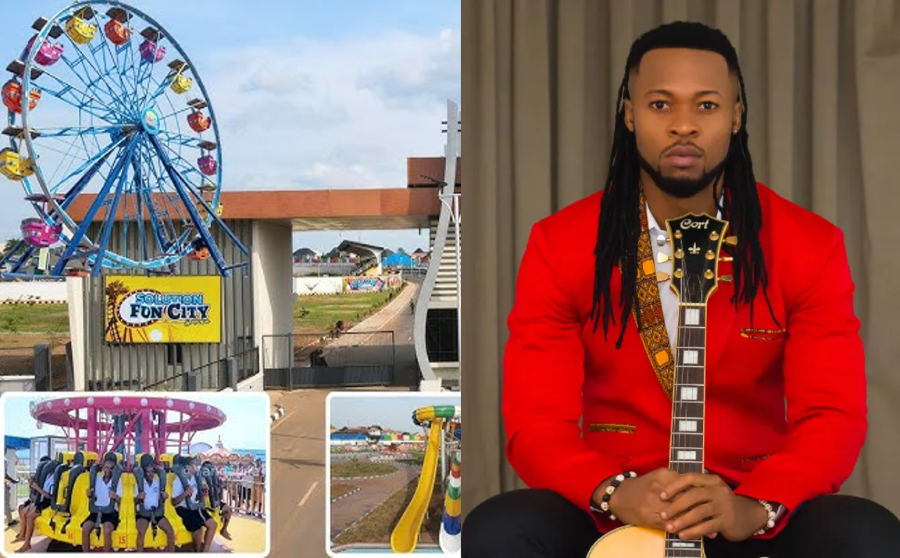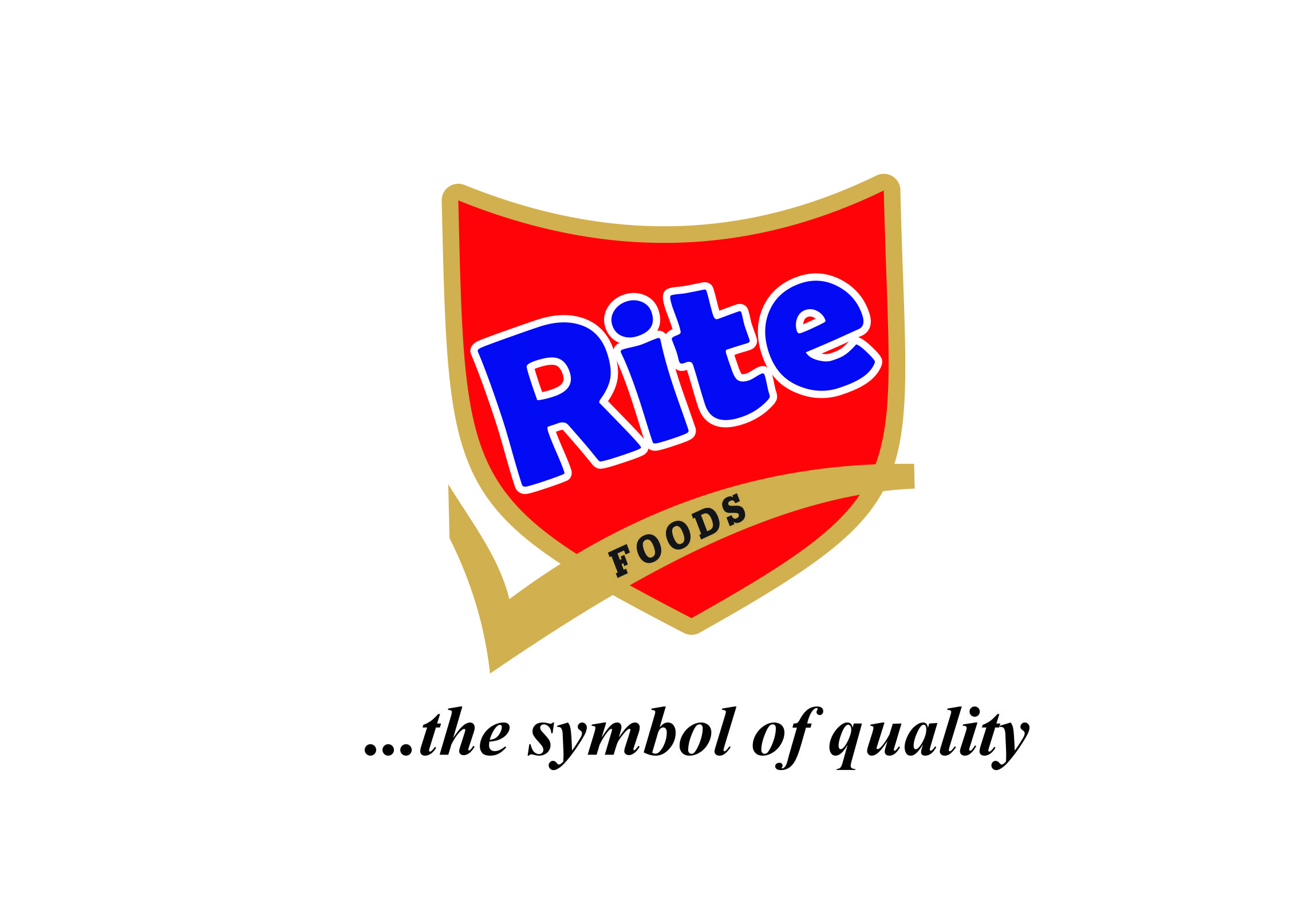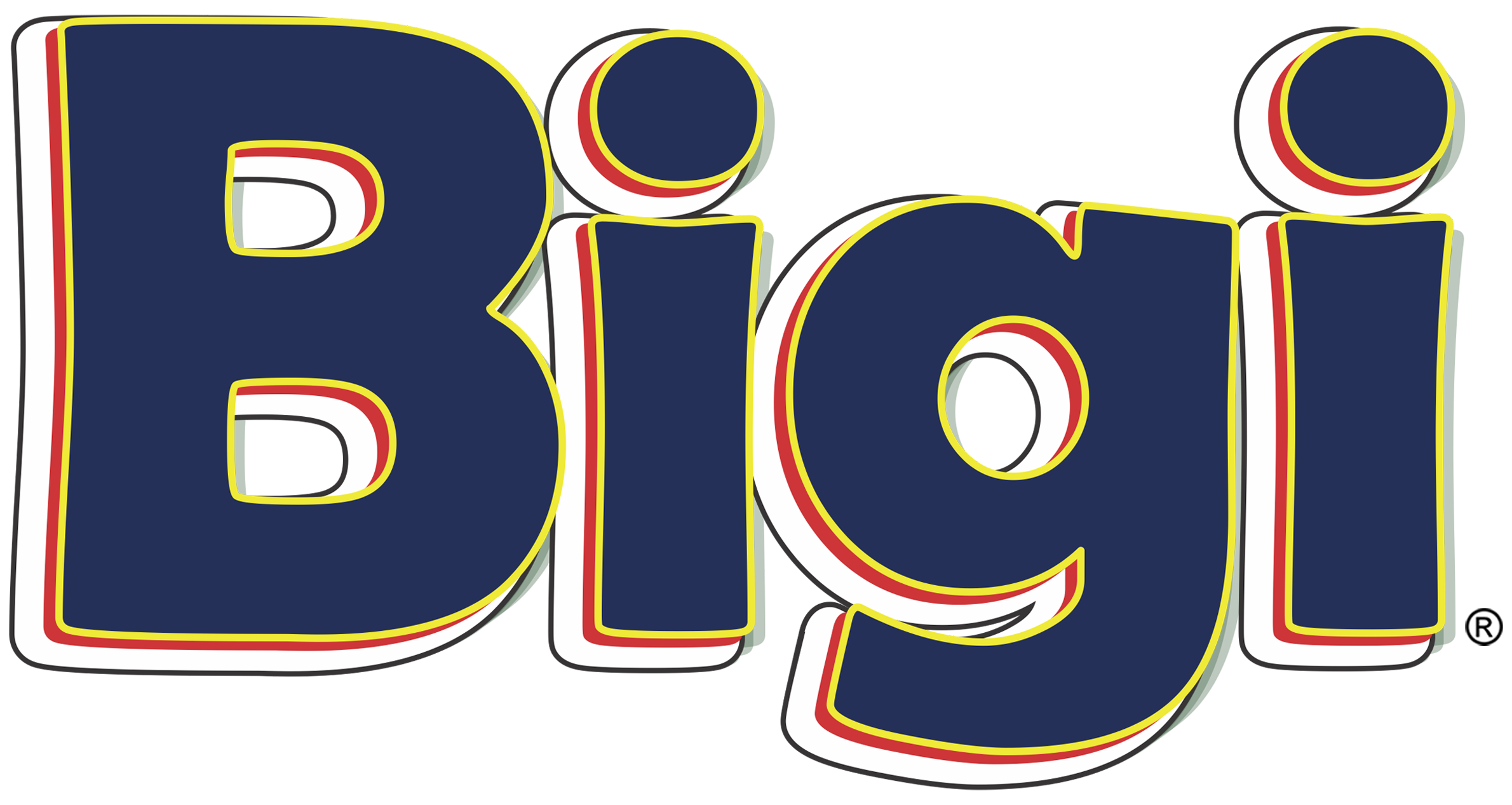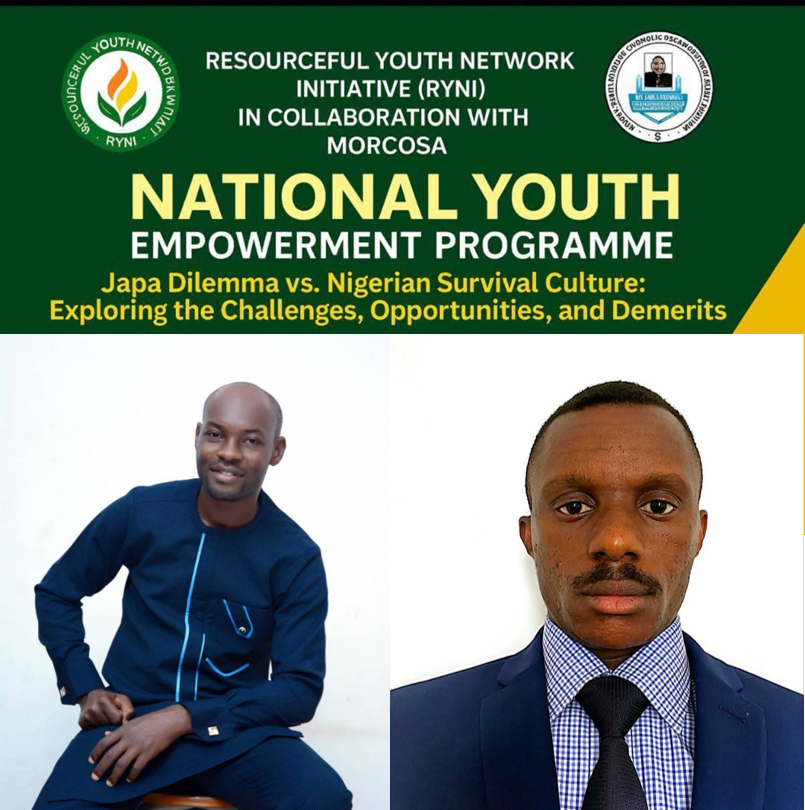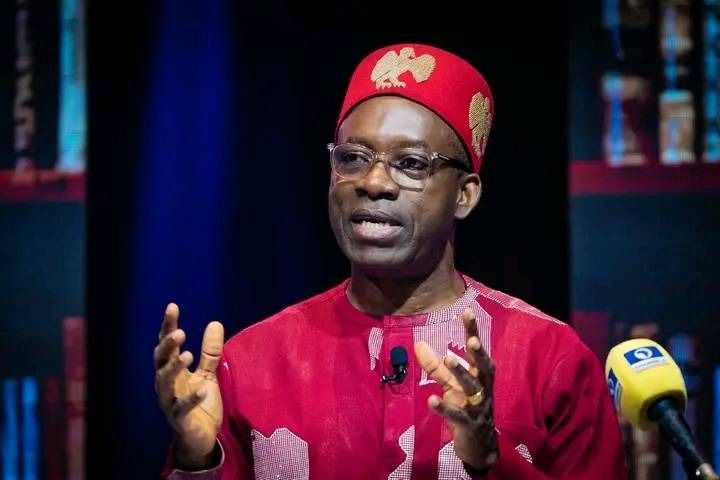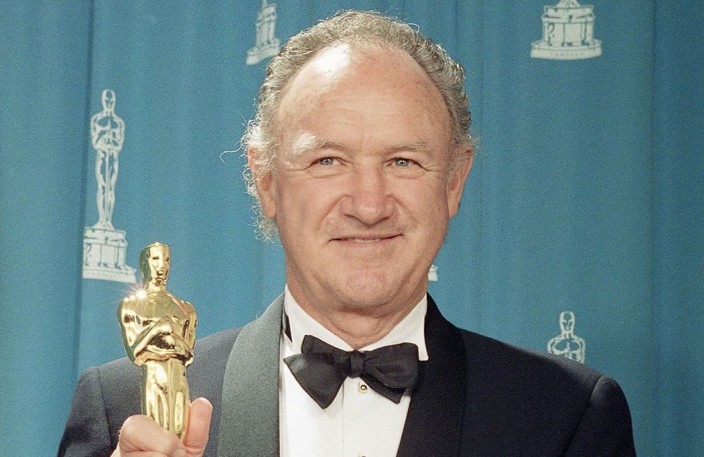Ukraine’s Kalush Orchestra have won the Eurovision Song Contest, in a symbolic show of public support following the country’s invasion by Russia.
The rap-folk band, who were given special permission to leave the war-torn country, soared to first place with 631 points.
They ended their performance in Turin with a plea: “Please help Ukraine, help Mariupol, help Azovstal right now.”
Sam Ryder came second for the UK, the country’s best result since 1998.
A former construction worker, he had been keenly favoured ahead of the competition thanks to his soaring power ballad, Space Man, which evoked the classic British pop of Queen and Elton John.
It topped the jury vote, amassing 283 points, but was pipped at the post when public votes were added to the total. (The UK came fifth with the public, with Ukraine receiving the most points).
However, his second place position reverses a long decline in the UK’s Eurovision fortunes. The country hasn’t been in the top 10 since Jade Ewen came fifth in 2009. In both 2019 and 2021, the UK came last.
“This is the tip of an iceberg,” he told the BBC afterwards. “The UK is going to be a force next year. It’s gonna be mad.”
“This is a red letter moment,” added Graham Norton, who presented the contest on BBC One. “I am so happy for [Sam], for the UK and for the BBC who have worked so hard to turn our fortunes.”
Spain also enjoyed a dramatic recovery in its fortunes, coming third with the slickly-choreographed SloMo.
Performed flawlessly by Cuban-Spanish singer Chanel Terrero, it was the country’s first top 10 placing since 2014.
The top five looked like this:
- Ukraine – Kalush Orchestra: Stefania
- UK – Sam Ryder: Space Man
- Spain – Chanel: SloMo
- Sweden – Cordelia Jakobs; Hold Me Closer
- Serbia – Konstrakta: In Corpore Sano
But nobody could compete with Ukraine’s act, who had been favourites to win for weeks.
Their winning song, Stefania, was originally written as a tribute to frontman Oleh Psiuk’s mother, but it has been re-purposed as a rallying cry for Ukraine amidst the Russian invasion.
A unique combination of old Ukranian folk melodies and traditional flute with contemporary rap and hip-hop beats, its lyrics about “broken roads” and fields “turning grey” seemed oddly prescient given the devastation facing the country’s citizens.
“After it all started with the war and the hostilities, it took on additional meaning, and many people started seeing it as their mother, Ukraine, in the meaning of the country,” Psiuk said last week. “It has become really close to the hearts of so many people in Ukraine.”
Receiving the coveted trophy, Psiuk declared: “Thank you for supporting Ukraine. This victory is for every Ukrainian. Slava Ukraini.”
Speaking backstage, the singer said he hoped Ukraine could stage the contest in 2023.
“I’m sure that next year Ukraine will be happy to host Europe in a new, integrated and happy Ukraine.”
Russia, meanwhile, was banned from this year’s contest, with organizers saying the country’s participation could “bring the competition into disrepute”
Several artists expressed solidarity with Ukraine, waving flags and making brief statements on the stage. “Peace for Ukraine! We love you!” announced Iceland’s Systur after their performance.
“Don’t lose your hope for a better tomorrow,” added Estonian singer Stefan, as he finished playing his country-tinged ballad, Hope.
The show even opened with a rendition of John Lennon’s Give Peace A Chance, performed by 1,000 musicians on the streets of Turin, driving home the night’s message of unity.
Elsewhere the competition was its usual mix of crazy, kitsch pop and overwrought ballads.


